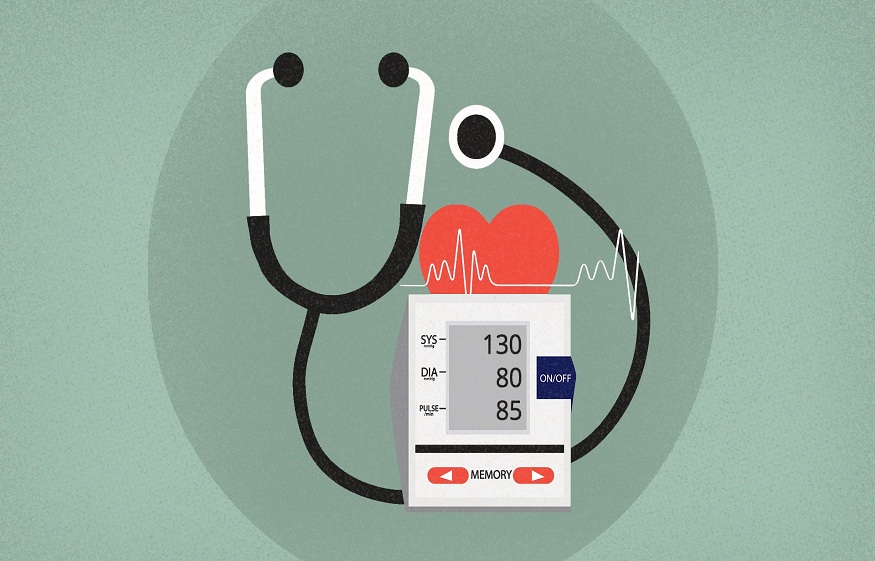2021 has been an unsettling year in many ways, but the start of the new year is the perfect time to take some time to think about your health needs. When was your last smear? Do you have a mole that worries you? Can you remember the date of your last mammogram? Are you concerned with contraception or do you want to discuss menopause? I always encourage my patients to take care of their health by reminding them of the following points.
1. Take care of your physical well-being
Take care of your physical well-being by eating well, staying fit, sleeping and not smoking.
Diet – a healthy, nutritionally balanced diet provides the building blocks for your body’s functions. If you are on a restrictive diet, be aware that you may be lacking in essential vitamins and minerals – consult your doctor or dietician if you need to be tested for deficiency. Iron deficiency, which can lead to anemia, often affects women, especially if their periods are heavy.
The US Dietary Guidelines define moderate alcohol consumption as up to one standard drink per day for women. The more you drink, the greater the risk to your health, not to mention the empty calories that come with it. Also be sure not to consume alcohol as a way to manage your stress.
Smoking – if you smoke, one of the best things you can do to protect your health is to quit. If this seems difficult to achieve, your doctor can advise you on the most effective smoking cessation strategies for you.
Exercise – I prefer to advise FREQUENT exercise rather than REGULAR exercise, to drive home the importance of incorporating some form of physical activity into your daily routine. The health and disease prevention benefits of increased physical activity are enormous. Although Covid-19 has imposed significant restrictions on the use of sports facilities such as gyms and swimming pools, there are exercises you can do at home or outdoors, and a good mix of different types of exercise. erex – aerobics, strength training and flexibility – is your goal.
The sleep- don’t overlook the importance of sleep – it’s when the mind and body rest and repair. The amount of sleep each of us needs varies greatly. In general, it is recommended to sleep between 7 and 9 hours, but for some people, 6 hours may be enough, while 9 hours may be insufficient for others. Sleep quality can be affected by stress, anxiety, depression, as well as excessive alcohol. Women going through perimenopause and menopause frequently report sleep problems. Using electronic devices before bed or in bed is directly linked to sleep quality and insomnia. If you have trouble sleeping, investigate the possible reasons for it and take steps to remedy it.
2. Take care of your mental health
We live in unprecedented times with extraordinarily high rates of mental health problems, ranging from stress and psychosomatic disorders to anxiety disorders and major depression.. We all have to deal with uncertainty and try to adapt as best we can.
Taking care of one’s physical health by eating properly, exercising, sleeping and avoiding alcohol consumption goes a long way to one’s mental well-being. If you work from home, set clear boundaries to create a work-life balance. Take time for yourself.
A digital detox is worth considering if technology – the ubiquitous digital connection, the constant need to check emails, texts, social media, the news – is contributing to your stress and/or lack of sleep. By setting limits on the type and timing of your connections, you ensure that you can enjoy real-world activities and interactions without the digital distractions.
Pay attention to your own feelings. If you are anxious, in a bad mood, sleepless, desperate, or have thoughts of harming yourself, don’t hesitate to seek professional help from a counselor, therapist, or your doctor. At Osler Health, all physicians are highly experienced in supporting the global mental health community
3. Do your annual health and wellness checkups
Regular health checkups should always be a priority to stay healthy.
Health screenings are also known as “wellness” checks. The goal of screening is to detect and treat diseases or risk factors early in apparently healthy people, in order to keep them healthy. There are evidence-based guidelines that our doctors follow when recommending screening tests for women at all stages of their lives, including screening for heart disease and certain cancers. Screening for high blood pressure, high cholesterol and diabetes, which is done routinely, is even more relevant in these times of increased stress and changing lifestyles.
Screening recommendations are regularly updated to reflect new information from scientific research. Did you know that there is now a new and improved screening test for cervical cancer, in addition to the Pap smear? Or that recommendations for colon cancer screening continue to evolve? Speak to your doctor to keep up to date with screening guidelines.
Our screenings must be individualized, because each woman is different, with different needs, lifestyles, family history and risk factors. We don’t have a one-size-fits-all approach. For more relevant and satisfying answers to the particular needs of a patient, it is strongly recommended to consult her attending physician. A person’s needs are best assessed and met in close collaboration with their doctor. It’s what you should look for in your wellness checks, and it’s what we strive to provide at Osler Health International.

